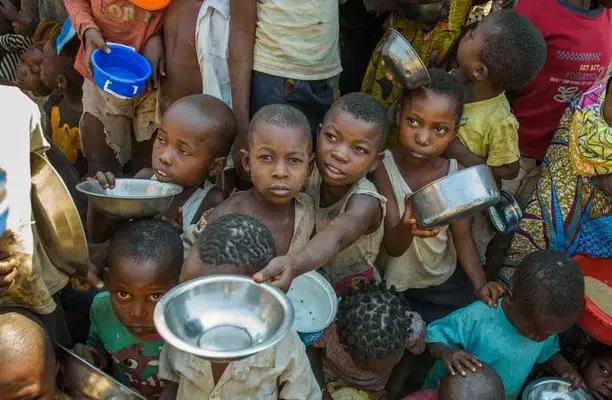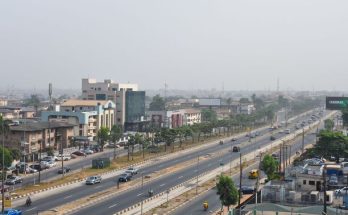By Bababunmi Agbebi
Edited by Ezennia Uche
Poverty continues to cast a long shadow over millions of households in Nigeria, despite ongoing government efforts to curb its spread.
Nigeria, despite being Africa’s largest economy, remains one of the countries with the highest number of people living in poverty. According to the National Bureau of Statistics (NBS), over 130 million Nigerians are classified as experiencing multidimensional poverty, a condition characterized by limited access to essential needs such as food, education, healthcare, and adequate housing.
In response, the Federal Government has introduced several interventions aimed at addressing the root causes of poverty. These include the National Social Investment Programme, the Renewed Hope Conditional Cash Transfer Scheme, and various agricultural empowerment projects designed to boost productivity and generate employment.
However, the impact of these programs has been uneven. High rates of unemployment, inflation, and limited access to basic services continue to affect a significant portion of the population. Recent data from the NBS reveals that more than 60% of Nigerians still live below the poverty line, grappling daily with escalating food prices, poor access to education, and inadequate healthcare systems.
While government initiatives mark a step in the right direction, experts argue that poverty eradication in Nigeria requires more sustainable, inclusive, and community-driven approaches. Investments in quality education, job creation, and accessible healthcare are seen as fundamental pillars for long-term change.
Ultimately, the path to ending poverty in Nigeria lies in collaborative efforts between the government, private sector, and civil society. Transparent policies, inclusive economic growth, and meaningful citizen engagement are essential to empowering communities and ensuring that progress reaches the most vulnerable.








